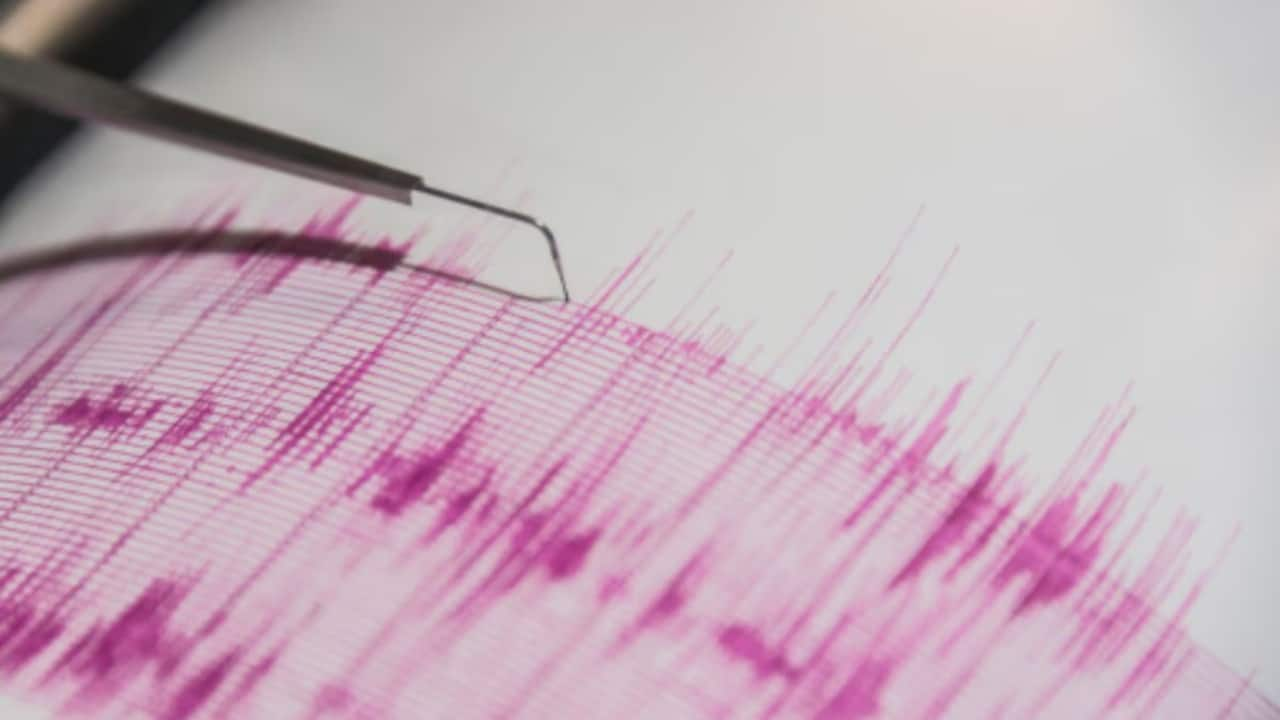Qatar tribune Hanane Djoua Doha A pivotal chapter in the global conversation on contemporary art and curatorship is being written in the Arabian Gulf. This week, the Media Majlis Museum at Northwestern University in Qatar hosted the opening symposium of the 53rd International Association of Curators of Contemporary Art (IKT) Congress—marking the first time the prestigious gathering has been held in the region. Themed “Disrupture: Perspectives from the Arabian Peninsula,” the Doha leg of the congress brought together curators, artists, critics, and museum professionals from around the world to explore how regional histories, institutional contexts, and cultural ecosystems are reshaping curatorial practices.
“Hosting the 53rd IKT Congress at Northwestern Qatar is an exciting moment for us that reflects our dedication to creating a space where creativity, community, and collaboration thrive,” said Marwan M. Kraidy, dean and CEO of Northwestern Qatar. “This congress gives curators, museum directors, and artists the opportunity to connect and exchange ideas.

It’s not just about sharing knowledge—it’s about building relationships and contributing to a global conversation.” The symposium opened with a keynote by Palestinian-Jordanian artist Oraib Toukan, whose work examines how historical struggles shape institutional memory and emotional affect. Her lecture set the intellectual tone for the day, pushing participants to reflect on how the politics of memory and place influence curatorial narratives and museum experiences.
The first panel, “Museums in the Making,” chaired by Zeina Arida, director of Mathaf: Arab Museum of Modern Art, turned the spotlight on new cultural institutions across the Global South—particularly in the Gulf—and how they are redefining curatorial roles through collaboration, inclusivity, and innovation. Panellists included Alanood Al Thani, director of Rubaiya Qatar; Lina Ramadn, guest curator at Qatar Museums; Meriam Berrada, artistic director of the Museum of African Contemporary Art Al Maaden; and Caroline Hancock, deputy director of curatorial affairs at the Art Mill Museum. Alanood Al Thani emphasized the importance of collaboration across institutions and communities: “We are not imposing—we’re embracing the ecosystem by working collaboratively and experimentally across institutions and public spaces.
” Caroline Hancock expanded on this, highlighting the role of co-curation in building meaningful relationships with audiences: “We are already in dialogue with future audiences—co-curating with communities like Pakistanis in Qatar helps us begin our journey.” The second panel, “Unlearning and Relearning,” explored the concept of “fluid knowledge”—an approach that challenges fixed narratives and rigid hierarchies in the art world. Moderated by Dr.
Alfredo Cramerotti, director of the Media Majlis, the panel included influential voices such as Tirdad Zolghadr, curator of academic engagement at Mathaf; Nadine Khalil, an independent art critic and curator; Dr. Effat Fadag from the University of Jeddah; Holiday Powers from VCUarts Qatar; and Miguel Blanco Carrasco, cultural advisor at the Royal Commission for Riyadh City. Zolghadr offered a candid critique of the insular nature of the global art world: “If we’re honest, as curators, we come from a similar urban middle-class background.
Even if we’re from different cultures, we tend to agree on certain things. But curating changes completely when you step outside that bubble—when you begin engaging with people who don’t speak that same institutional language.” Miguel Carrasco highlighted a shift in institutional thinking: “Cultural institutions are moving from authority-driven models to care-driven models.
Listening to communities and adapting programs accordingly is becoming central to how we work.” Following three days of intense dialogue in Doha, the 53rd IKT Congress will move to the UAE, continuing with sessions in Abu Dhabi (April 11–12), Dubai (April 13), and Sharjah (April 14). The program will feature curated exhibitions, site visits, and symposiums that further examine the evolving cultural landscape of the Arabian Peninsula.
Copy 13/04/2025 10.
Politics

NU-Q’s Media Majlis Museum organises symposium of Gulf’s first IKT congress

Hanane DjouaDohaA pivotal chapter in the global conversation on contemporary art and curatorship is being written in the Arabian Gulf. This week, the Media Majlis Museum at Northwe...















